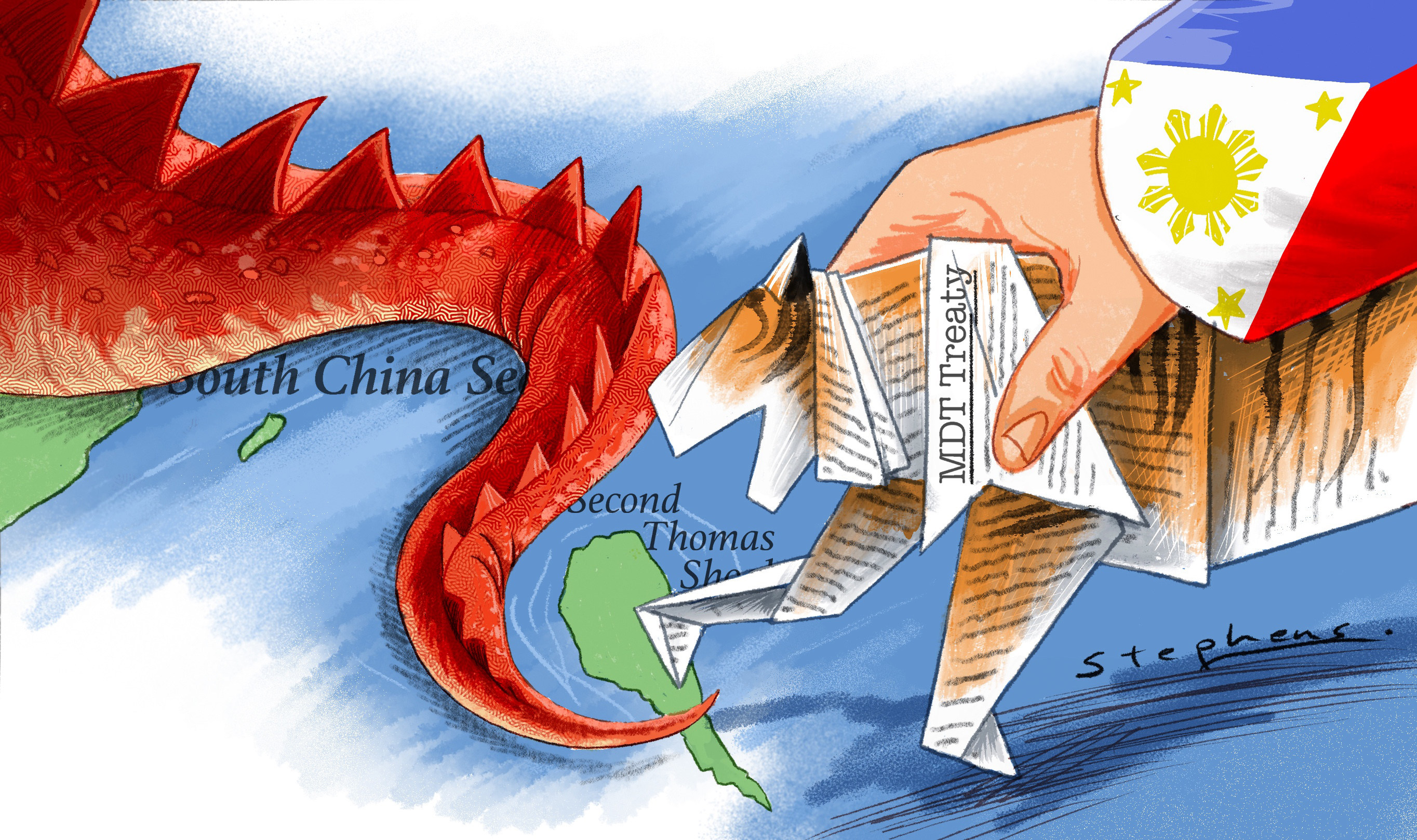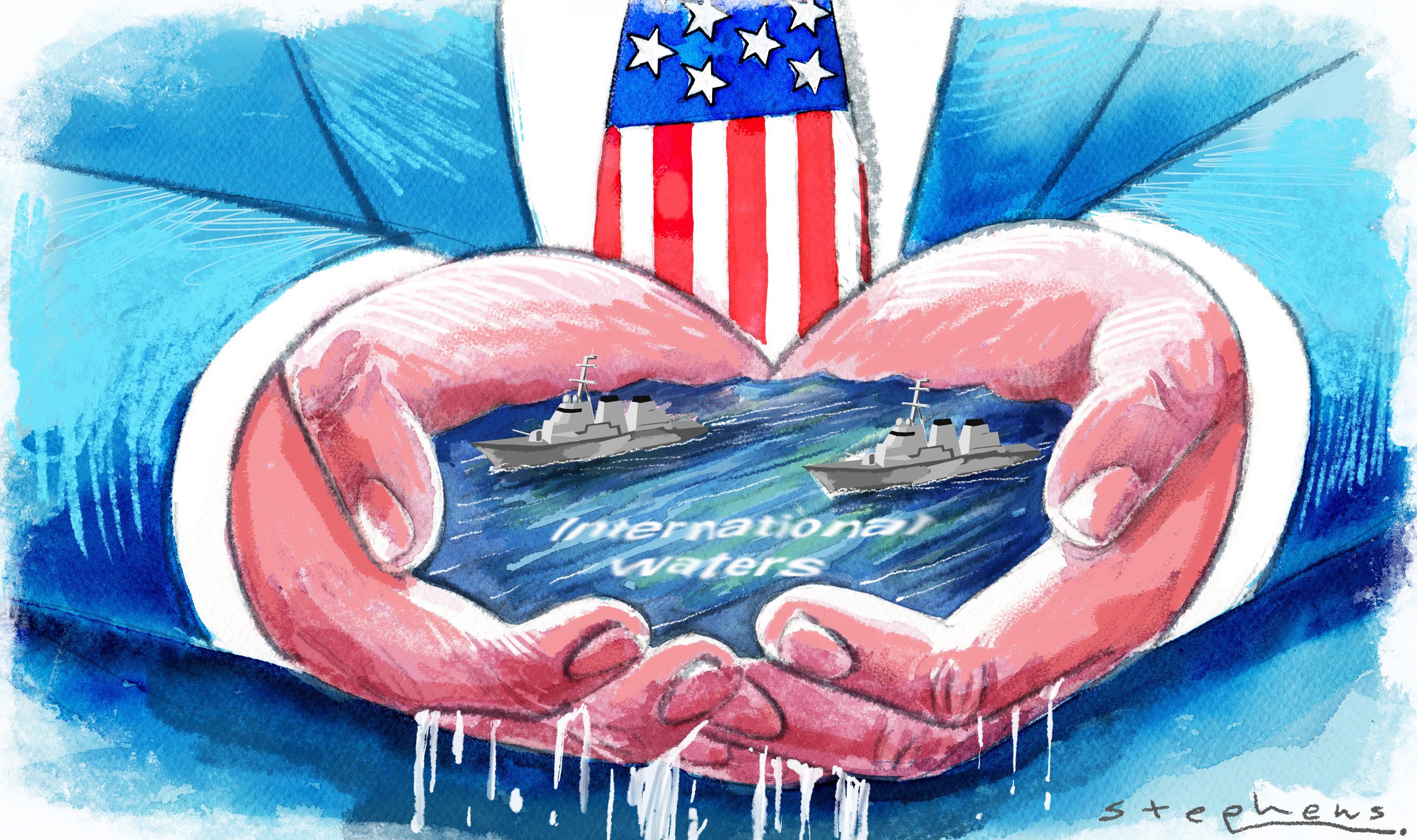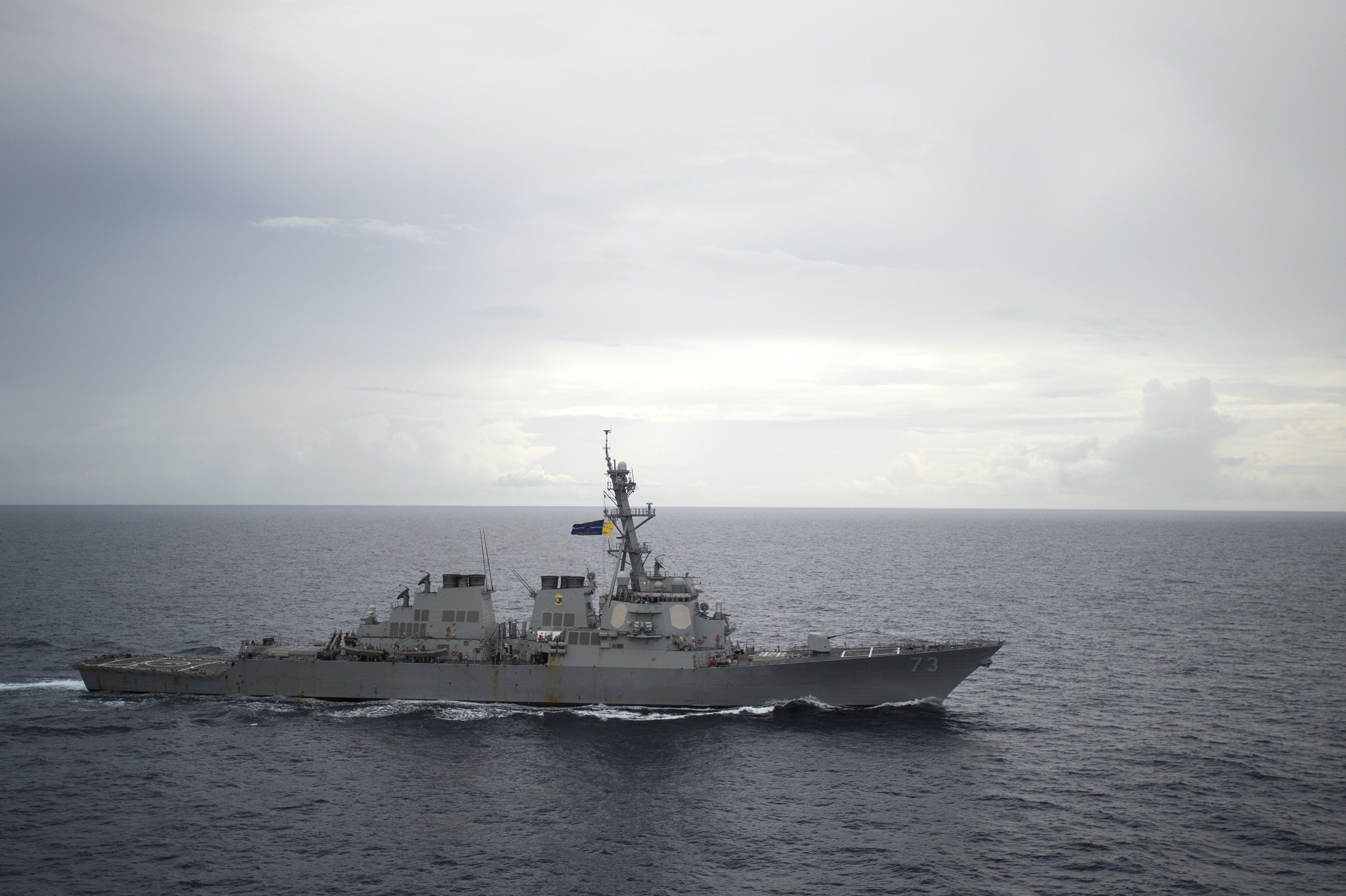Advertisement
Advertisement

Tian Shichen
Captain (Retired) Andy Tian Shichen is founder and president of the Global Governance Institution and director of the Center for International Law of Military Operations in Beijing. He is also a China Forum expert.
Captain (Retired) Andy Tian Shichen is founder and president of the Global Governance Institution and director of the Center for International Law of Military Operations in Beijing. He is also a China Forum expert.
Languages Spoken:
EnglishAmid Washington’s use of force, there is a sense that global affairs are drifting towards a modernised version of the law of the jungle.
Rather than a move towards peace, the meetings should be seen as political performances that expose the dysfunction of global governance.
Talks with Tokyo on a military base reciprocal access agreement are the latest Philippine effort to bolster the forces Manila can rely on to confront China. However, agreements with Japan and the US would not apply if the Philippines takes aggressive action in the territory of another state.
Just as the US military shooting of China’s civilian balloon violated UN principles against the use of force, any military intervention in a conflict across the Taiwan Strait would make America an aggressor on Chinese soil.
Advertisement








